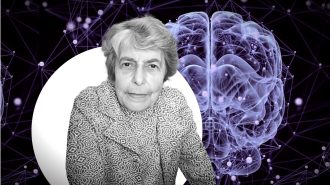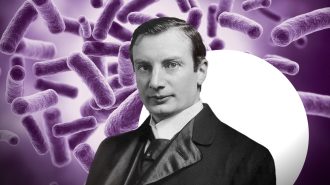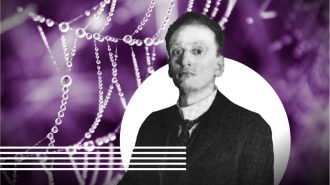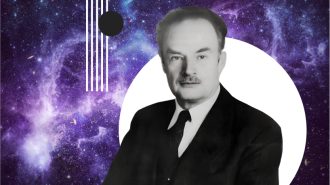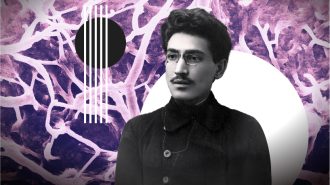The tenth essay in the “Creators” series is dedicated to Vladimir Yurkevich (also spelled as ‘Yourkevitch’), an outstanding shipbuilder who built ships in Russia, France, and America. He improved the ship hull and developed radio-controlled ships without a crew. T-invariant continues the “Creators” project together with RASA (Russian-American Science Association).
Сreators
The ninth essay in the “Creators” series is dedicated to Alexander Prokofiev-Seversky, pilot, aircraft designer, military analyst, one of the developers of modern military aviation doctrine. The “Creators” project was created jointly with RASA (Russian-American Science Association).
The eighth essay in the “Creators” series is dedicated to Stepan Timoshenko, one of the founders of modern applied mechanics. In the “Creators” project T-invariant in collaboration with RASA (Russian-American Science Association) continues to publish a series of biographical essays about people from the Russian Empire who made significant contributions to world science and technology.
The seventh essay in the “Creators” series is dedicated to Igor Sikorsky, one of the founders of modern aviation. In the “Creators” project, T-invariant together with RASA (Russian-American Science Association) continues to publish a series of biographical essays about people from the Russian Empire who made significant contributions to world science and technology.
The sixth essay in the “Creators” series is dedicated to Tamara Dembo, an outstanding psychologist whose work on the study of “anger as a dynamic problem” and the rehabilitation of people with disabilities remains scientifically relevant to this day. The “Creators” project, created by T-invariant together with RASA (Russian-American Science Association), talks about people from the Russian Empire who made significant contributions to world science and technology.
The fifth essay in the “Creators” series is dedicated to Vladimir (Waldemar) Haffkine, the creator of the first effective vaccines against cholera and plague. At the end of the 19th century, Haffkine carried out the first mass vaccination in India. His laboratories have developed and produced tens of millions of doses of cholera and plague vaccines. In the “Creators” project, T-inavariant, together with RASA (Russian-American Science Association), continues to publish a series of biographical essays about people from the Russian Empire who made a significant contribution to world science and technology,
Within the project “Creators” T-invariant together with RASA (Russian-American Science Association) continues to publish a series of biographical essays about people from Russian Empire, who made a significant contribution to world science and technology. Alexander Petrunkevitch was born in the Chernigov Governorate, but most of his life he worked at Yale University. He became especially famous for his research on arachnids.
Within the project "Creators" T-invariant together with RASA (Russian-American Science Association) continues to publish a series of biographical essays about people from Russian Empire, who made a significant contribution to world science and technology. The essay is dedicated to astronomer Alexander Vysotsky. He had worked at the observatory of the University of Virginia. There he compiled the first catalogue of red dwarfs and experimentally confirmed the rotation of our Galaxy.
T-invariant, in collaboration with RASA, is launching the "Creators" project. The project will publish a series of essays on immigrants from the Russian Empire who have made significant contributions to global science and technology. The first essay is dedicated to Selman Waksman, Nobel Prize winner and discoverer of streptomycin.
His ideal was a quiet university job, but life made him a "merchant of death." Georgy Kistyakowsky's name does not appear in a history textbook. But it was his knowledge that helped turn the tide of World War II and influenced the policies of one of the two superpowers. Though it wasn't even his homeland.






